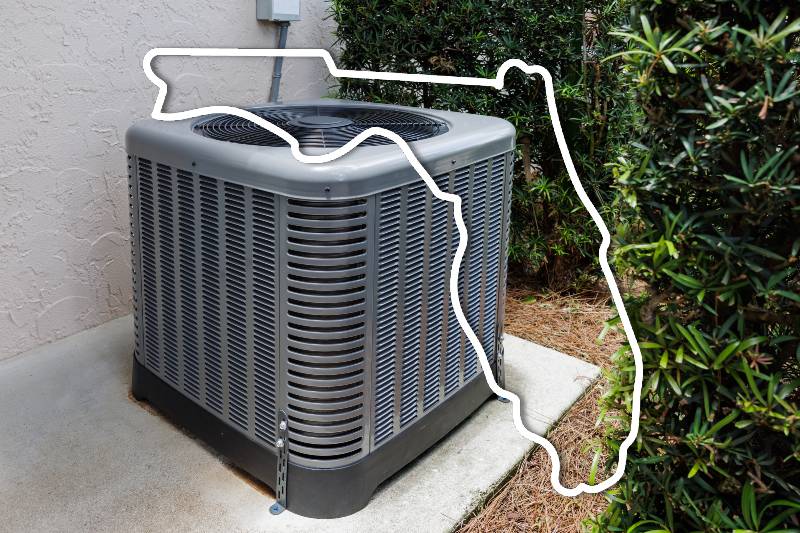Essential tasks to transform your home buying process into an organized and confident endeavor.
Embarking on the journey to buy a new home is an exhilarating experience, but it can also be a complex and daunting one. With numerous tasks to complete, decisions to make, and paperwork to navigate, it’s easy to feel overwhelmed. From financial preparation and defining your needs to making an offer, conducting inspections, and settling into your new abode, we’ve compiled a list to guide you every step of the way.
) Financial Preparation:
- Assess your financial situation, including your credit score and overall financial health.
- Determine your budget for buying a home, considering down payment, closing costs, and monthly mortgage payments.
- Save for a down payment (aim for at least 20% of the purchase price to avoid private mortgage insurance).
- Get preapproved for a mortgage to understand your borrowing capacity.
) Define Your Needs and Preferences
- List your priorities in a new home, such as location, size, number of bedrooms, and amenities.
- Consider your long-term plans and how they align with the type of property you want.
) Start Your Home Search:
- Hire a real estate agent to assist with your search.
- Create a list of potential properties and schedule viewings.
- Evaluate each property’s condition, neighborhood, and proximity to essential services.
- Keep detailed notes and photos of the properties you visit.
) Home Mortgage Process:
- Choose the right type of mortgage (fixed-rate, adjustable-rate, etc.).
- Gather necessary documents for your mortgage application, such as income statements, tax returns, and bank statements.
- Submit your mortgage application and work closely with your lender to secure financing.
) Making an Offer:
- Determine your initial offer price based on market research and the property’s condition.
- Include contingencies in your offer, such as home inspection and financing contingencies.
- Negotiate with the seller to reach an agreement on price and terms.
) Home Inspection:
- Schedule a professional home inspection to assess the property’s condition.
- Review the inspection report and negotiate any necessary repairs or credits with the seller.
- Ensure the property complies with local building codes and regulations.
) Home Insurance and Closing Costs:
- Shop for homeowners’ insurance and secure a policy.
- Understand and prepare for closing costs, which can include fees for appraisal, title insurance, and more.
) Final Walkthrough:
- Conduct a final walkthrough of the property to ensure it’s in the expected condition.
- Verify that all negotiated repairs have been completed.
) Closing and Moving In:
- Review all closing documents and ask questions about any items you don’t understand.
- Sign the necessary paperwork, including the mortgage agreement and title documents.
- Pay any remaining closing costs and the down payment.
- Receive the keys to your new home.
- Move into your new property and complete any post-move tasks, such as setting up utilities and changing your address.
) Long-Term Planning:
- Establish a maintenance and home improvement plan to keep your property in excellent condition.
- Consider the future, such as potential renovations or upgrades to enhance your home’s value.
Whether it’s your first home or an upgrade to your current one, take these essential steps to heart, and let the keys to your dream property open the door to a new chapter in your life.












